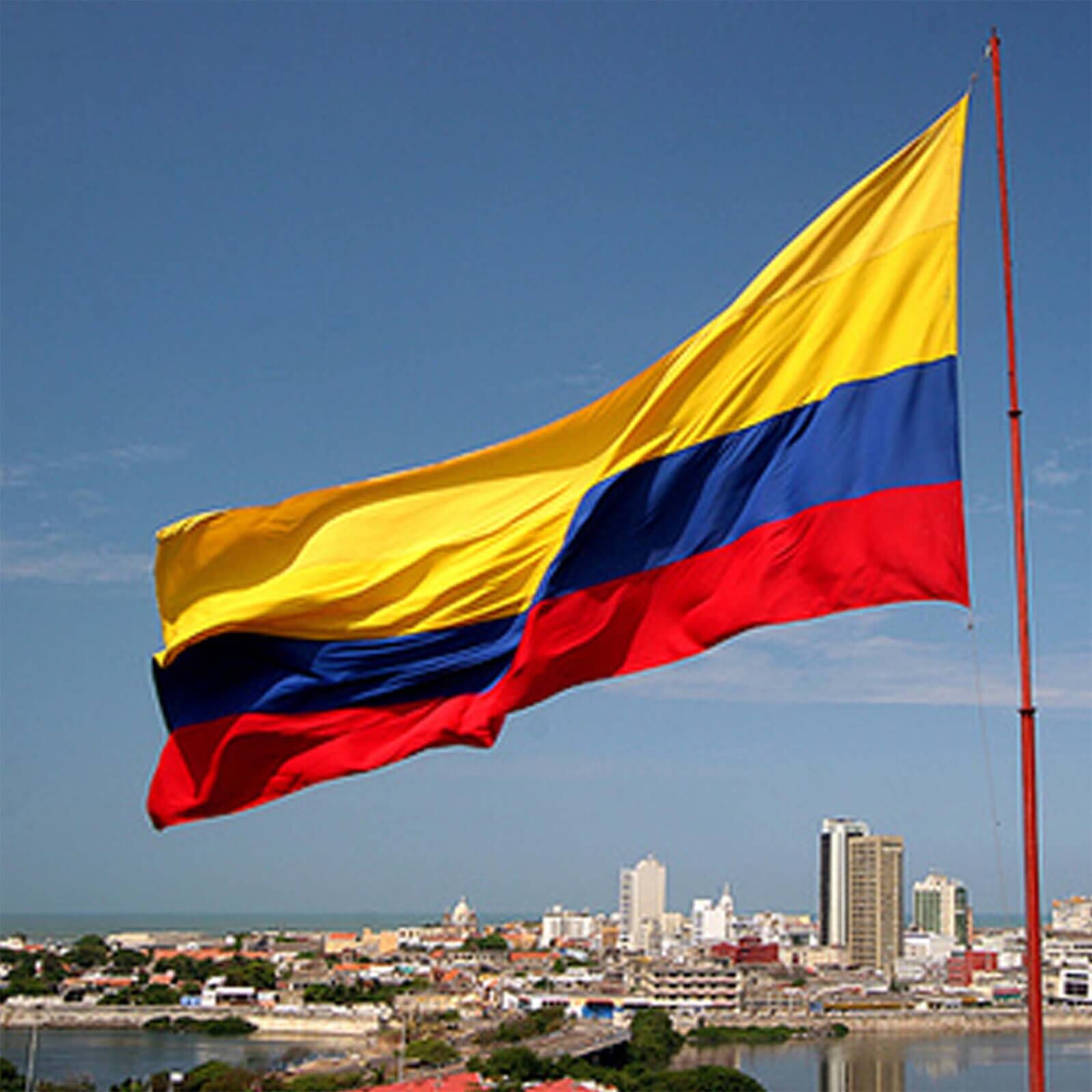While a proposal for a 20% tax on sugar sweetened beverages in Colombia was killed on the last day of 2016 after being dropped from a larger tax overhaul package, manufacturers are under pressure to reduce sugar as obesity rates rise, with more than half the population now overweight, and 22.3% classed as obese.
California-based SweeGen - which converts stevia leaf extracts to the best-tasting steviol glycosides (Reb-D and Reb M) using enzymes – has now secured regulatory approvals for its Reb M in the US, Canada, Ecuador, Mexico, Peru, and Colombia; while its Reb D is approved in the US, Ecuador, Mexico and Peru.
"Ingredion has an incredible network in Latin America with so many companies we couldn't reach on our own, and they can provide the kind of applications support that the mid-size companies are looking for," said SweeGen natural sweeteners director Katharina Pueller, who noted that Ingredion had “great connections” in Colombia.
Non GMO Project Verified
Unlike Cargill’s EverSweet sweetener (which is made using a genetically engineered strain of yeast that converts sugars to the steviol glycosides Reb D+M), SweeGen begins with stevia leaf extracts, and then uses enzymes to convert these extracts to Reb D or Reb M.
While the yeasts SweeGen uses to produce the enzymes are genetically modified (click HERE and HERE to read the GRAS notifications), the resulting sweeteners have been verified by the Non GMO Project, explained Pueller.
“The Non GMO Project reviewed its processes about a year ago and came to the conclusion that as the end product didn’t have any yeast in it, our Reb D and Reb M could be approved as non-GMO verified.”
We can still label them as ‘stevia leaf Reb M’ even though we can’t say ‘stevia leaf extract’
While some other players such as PureCircle are extracting Reb D and Reb M from stevia leaves and claim this is commercially viable as they use plants that have been bred to have higher levels of these glycosides, SweeGen’s approach is more scalable and cost competitive, claimed Pueller.
“We are like a small shrimp in the marketplace compared to some of these bigger players but we feel like we have the most potential.
"Customers like the fact that we can produce these glycosides [which SweeGen processes in Asia] on a really large scale and we can still label them as ‘stevia leaf Reb M’ even though we can’t say ‘stevia leaf extract’ [whereas manufacturers using Cargill’s EverSweet sweetener cannot use the term ‘stevia leaf’ on labels as EverSweet is not derived from the stevia leaf].
“Consumers don’t know what Reb M is but they know what the stevia leaf is.”
Beyond Reb A: Next generation steviol glycosides
In general, the market is moving towards so called 'next generation' stevia sweeteners that utilize steviol glycosides such as Reb D and Reb M, or combinations of glycosides, rather than Reb A, which is the most prevalent glycoside in the leaf, but has a bitter aftertaste, said Pueller.
"If you want a 100% sugar reduction or even a 50% reduction in beverages for example, you can't do that with the traditional Reb A products."
* Ingredion is SweeGen's exclusive global distributor in all markets (excluding SweeGen's house accounts and in the People's Republic of China where it is a non-exclusive distributor).
**The seal of approval from the Secretary of State for Agriculture and Procurement (SEAB) and covers SweeGen’s Reb M for use as a tabletop sweetener and for addition to food and beverage categories already approved by Codex for Steviol glycosides.

“After a difficult 2017, the soft drinks industry in Colombia is expected to see a recovery in 2018, aided by the FIFA 2018 World Cup that will motivate meetings with friends at home or at foodservice operators. In general, prospects for the forecast period are positive for almost all soft drinks categories, but consumer pressure regarding products’ nutritional value and sugar content will continue challenging the industry, leading to acceleration in the pace of innovation to adapt to the new habits among consumers.”
Soft Drinks in Colombia, Euromonitor, 2017
“Obesity and overweight prevalence have increased dramatically in Colombia in recent years, and a large body of prior research makes it clear that sugar-sweetened beverages such as sodas and fruit drinks are a major contributor to these health problems.”
Association of Schools and Programs of Public Health, January 2018
